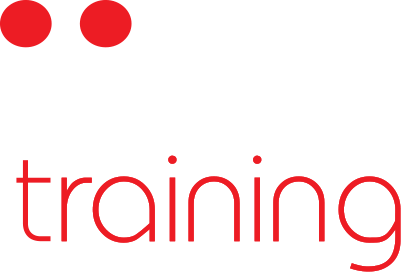Recently, we at IIT were asked to facilitate a learning and development activity under the Chatham House rule. This is a frequently misunderstood rule regarding the sharing of information. According to the official website of Chatham House, www.chathamhouse.org, the rule is structured as follows: “When a meeting, or part thereof, is held under the Chatham House Rule, participants are free to use the information received, but neither the identity nor the affiliation of the speaker(s), nor that of any other participant, may be revealed”. Chatham House is an institution dedicated to debate, analysis, and the sharing of influential ideas, with the goal of informing and building a prosperous and positive world. Chatham House is home of the Royal Institute of International Affairs. The organisation hosts world renowned speakers, events, and conferences, as well as houses several publications and supports a variety of research.
The Chatham House Rule developed first in 1927 and was revised in 1992 and 2002. The Rule originated during meetings and discussions at Chatham House, and has continued in practice as a means of facilitating open and free discussion. Invoking the Chatham House Rule allows a speaker or participant to express themselves in a way that provides anonymity. Although ideas presented in said meeting or event may be discussed following the event, the speaker and their affiliations cannot be revealed. Institutions and organisations worldwide have adopted this rule as it encourages free expression of ideas without fear of infringing upon an individual’s reputation.
If an event takes place under the Chatham House Rule, the identities of those who have participated may not be publicly revealed. The Chatham House has stated that the Rule applies to social media as well, including web sites such as Twitter. A meeting occurring under the Chatham House Rule allows participants to “tweet” during the meeting, but they are restricted from identifying the speaker or other participants. They are allowed to share ideas only. The Chatham House Rule is very effective in this way, as it isolates the information which is discussed and shared-- encouraging the healthy spread of ideas and knowledge--but protecting the privacy and identity of individual contributors.

